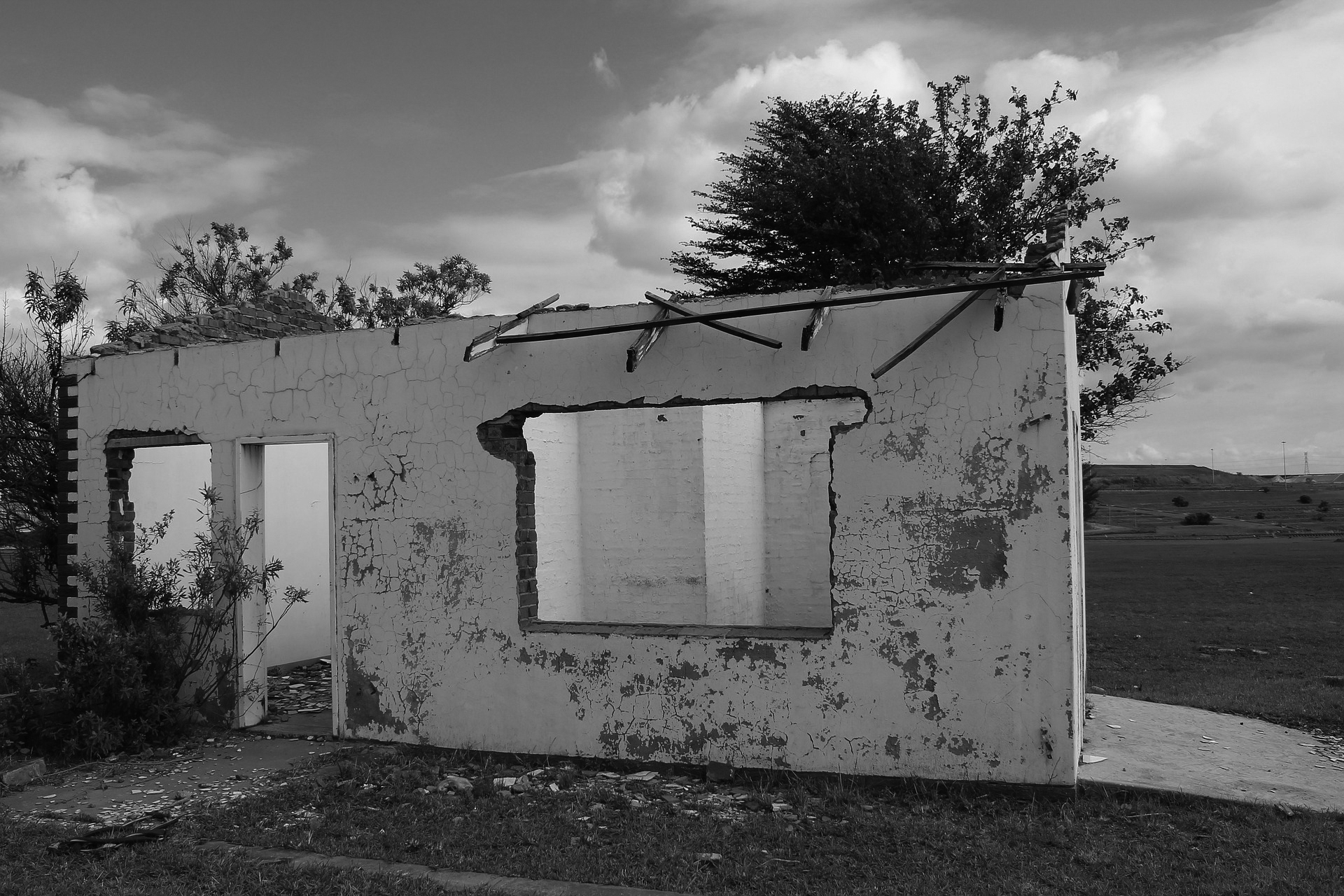Write anything about housing and you’ll usually be hit with a classic non-gotcha: “What about empty homes?” What about those supposed millions of properties that lie unused? Surely all we need is to allocate those homes and our housing woes will go away.
Perhaps unsurprisingly, the argument is nonsense. In 2020 there were an estimated 270,000 ‘long-term empty’ dwellings in England. This accounts for about 1% of the whole UK housing stock – an extremely low level compared to a normal housing market. Indeed, England actually has the lowest share of unoccupied homes in Europe. We need to add at least 300,000 homes per year to have even a chance of solving the crisis so at best the ‘but empty homes’ squad have an answer to just one year of supply.
But it’s not just that there aren’t actually millions of empty homes that means this argument fails – it’s also entirely economically illiterate.
Let’s start by looking at where the empty dwellings are. As one would expect they’re overwhelmingly in the north – where housing demand is much lower. In 2019 1.5% of the housing stock in the north-east was long-term vacant compared to just 0.7% in London and the South East. What the empty homes brigade are therefore suggesting is that people don’t live where they actually want to but are instead shipped off to other areas – either by diktat or economic circumstance.
“It shouldn’t be that only the wealthiest and most fortunate get to live in the South East”
This is terrible for two pretty simple reasons. First, anyone of an even vaguely liberal bent should agree that people should be free to live where they want. It shouldn’t be that only the wealthiest and most fortunate get to live in the South East. But it’s also a very bad idea to artificially hamstring the growth of our major cities and productivity centres. Productivity increases with city size because of well documented agglomeration effects. Put simply – cities are an incredible engine for economic growth. This growth is then good for the entire nation – widening the tax base and making the whole country better off.
In the past, cities have also been the drivers of social mobility and economic opportunity. This, sadly, has become less and less true as house prices have become less and less affordable. (For more discussion of why abundant, affordable housing is good for everyone, including those who don’t end up moving to the big city, check out the ‘Housing Theory of Everything’.)
Overall, empty-home truthers have it completely backwards. Even if there were plenty of unoccupied dwellings in Derby and empty homes in Harrogate, people should move there because they want to – not because they have to. In either case, there simply aren’t many empty homes anyway.
So, what should we do about the empty houses that do exist?
Councils do have powers in this area: since 2013 they include the Empty Homes Premium which a Council Tax billing authority may decide to levy on long-term empty dwellings and, since 2020, further additional rates which can increase the council tax bill for very long-term unoccupied houses by up to 400%. There are also Empty Dwelling Management Orders and other tools available to local authorities.
But this misses the wood for the trees: empty homes are good, actually. In a functioning housing market, one that actually provided safe and affordable homes to people, we’d see more empty dwellings, not fewer. More empty houses means that housing itself is more affordable.
More empty houses creates a buyers’ market: those looking to rent and those looking to buy are able to bargain from a much stronger position because they actually have options. They’re not being forced into the only home available. They can argue for lower costs, higher quality or both.
Anyone bringing empty homes up as an argument against more home building is either woefully misinformed or acting in bad faith. Let’s focus on creating new, high quality, low cost housing for everyone and not worry about the handful of empty houses.
Originally published by capx.co and reprinted here with permission.








